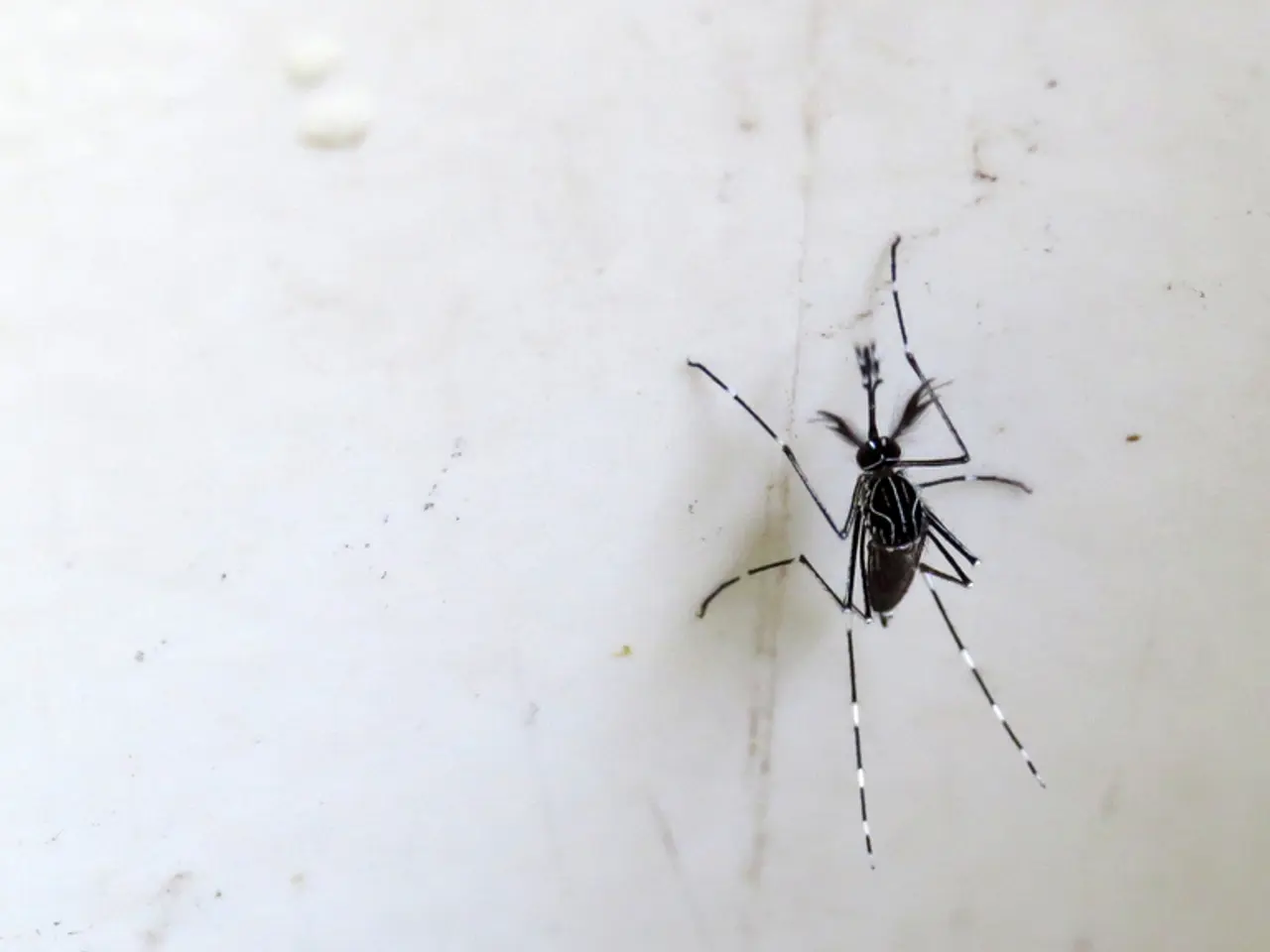Robotic dogs will be deployed in Hong Kong to combat the increasing number of imported Chikungunya cases.
In an innovative move to combat the rising cases of the chikungunya virus, the Hong Kong government will deploy robotic dogs starting in September 2025. These advanced machines, equipped with insecticide sprayers, will be used to target mosquito breeding sites in rugged and hard-to-reach areas.
The robotic dogs are terrain-adaptive and likely AI-powered quadruped robots, designed to access and treat locations that are challenging for humans. This will improve coverage and safety for workers, as they will no longer have to manually spray in hot conditions.
The initial trial will involve only one robot dog, but if the results prove effective, more will be deployed. The deployment is part of a broader innovative mosquito control effort, responding to the rise in mosquito-borne diseases like chikungunya.
Secretary for Environment and Ecology Tse Chin-wan revealed the new measure, expressing confidence that the chikungunya situation can be contained. The use of robotic dogs is aimed at curbing the spread of the virus, as the number of imported cases is expected to rise. As of the previous day, there were nine imported cases.
The government's current mosquito-control measures are similar to those used during previous dengue fever outbreaks. In addition to the robotic dogs, other new mosquito control methods being researched and considered include introducing bacteria such as Wolbachia into Aedes mosquitoes. This biological control strategy reduces mosquito populations and disease transmission and will begin testing in Hong Kong as soon as next year.
These efforts reflect a multi-front approach, combining robotic pesticide application and biological interference to better control mosquito populations and combat diseases more effectively. Tse Chin-wan stated that the government's current mosquito-control measures are similar to those used during previous dengue fever outbreaks.
The trial using the robotic dog to spray insecticide on hillsides and difficult-to-reach areas will commence next month, aiming to reduce the burden on frontline staff during hot weather. If the trial is successful, more robotic dogs will be deployed for mosquito control. The government is exploring the use of new technology in its mosquito-control efforts, as it continues to research other new mosquito-control methods.
The government's exploration of new technology includes the deployment of robotic dogs, equipping them with health-and-wellness benefits for workers by reducing exposure during hot conditions. This technological innovation, aimed at curbing the spread of mosquito-borne diseases like the chikungunya virus, is also a part of the science-driven initiative to further improve the environment by reducing mosquito populations.




